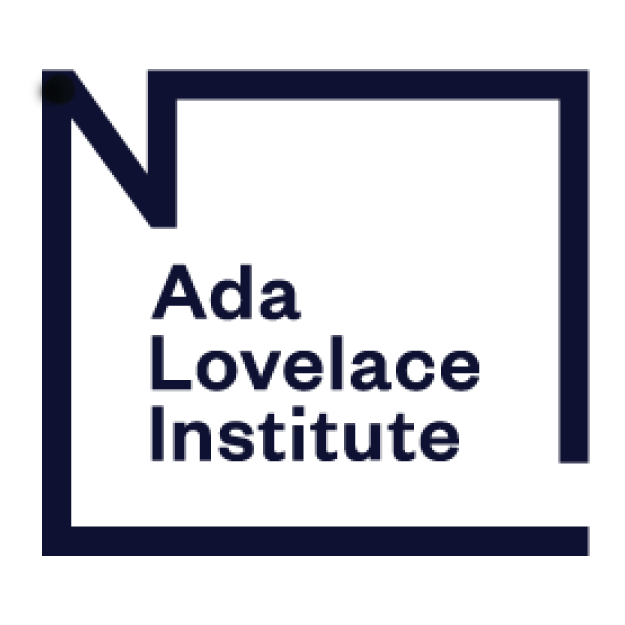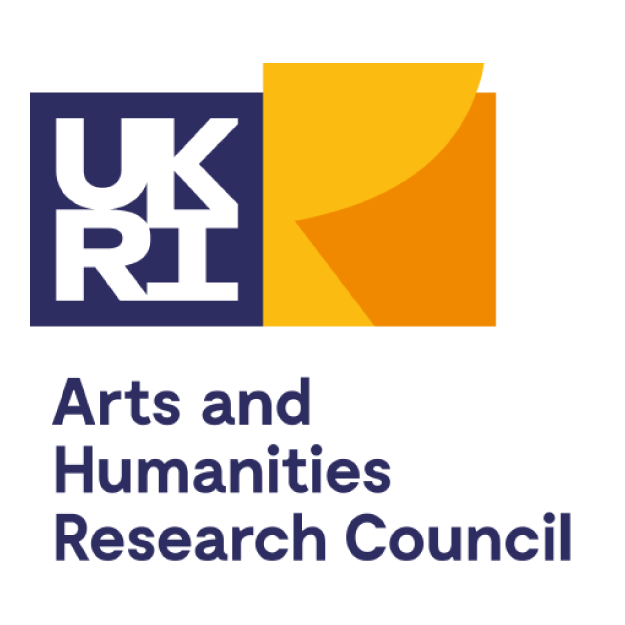- Led by Dr Caterina Moruzzi, University of Edinburgh
- Partnered with Adobe Inc.
Project website: crea-tec.weebly.com
This fellowship examines key aspects of the creative process to support artists’ needs in an ethical way when using AI. The project includes a study with creatives, an exhibition for public awareness, and actionable guidelines for the development of generative AI technologies.
CREA-TEC: “Cultivating Responsible Engagement with AI Technology to Empower Creatives” pioneers an innovative collaboration between the University of Edinburgh and Adobe, one of the leading creative technology companies worldwide, to promote the responsible integration of Generative Artificial Intelligence (GenAI) tools into creative practices, contributing to an understanding of who is empowered by these new forms of creativity and who, instead, needs to be protected.
Text- to-image GenAI models convert users’ text prompts into images that match the given description in only a few seconds (doi.org/10.1145/3475799). Thanks to the large demand from users and their easy-to-use interfaces, GenAI is revolutionising the creative industries and transforming the way artists create and market their work. However, it also raises new ethical issues, for example in relation to creative ownership, labour models, dataset biases, and the reduction of creatives’ agency and control over the creative process (doi.org/10.1126/science.adh4451). Recent legal disputes, including artists suing AI companies, and the Hollywood writers’ strike advocating for guardrails against the use of AI by production studios, underscore critical apprehensions shared by creative communities about lost jobs and stolen labour. These concerns emphasise the need for more research into the responsible development of AI technology and for a direct engagement with industry providers to best support the creative industries, who are one of their major markets.
Adobe is leading the market with cutting-edge GenAI tools, made available to its users. Together, we will investigate the key parts of users’ creative processes to understand how creatives’ needs can be supported in an ethical and empowering way at every stage. We aim to propose actionable guidelines for the responsible development of GenAI technologies, which will be shared with policymakers and Adobe’s lead decision-makers through webinars, meetings, and reports. These guidelines will be crafted following a bottom-up approach: we will invite creators, technologists, scholars, and communities directly impacted by GenAI tools to participate in user studies, public engagement events, and workshops through which we will collect data that are genuinely reflective of the needs of the affected communities, ensuring that our work has an impact by crossing the users/industry divide.
This partnership is poised to have a transformative impact on multiple fronts: on i) the creative community, by shaping the interfaces of widely-used creative tools, to ensure they are built responsibly, account for the freedom of creative expression, and improve millions of users’ experiences, on ii) the technology industry, by informing guidelines for innovation strategies and content provenance policies, shaping the ethical landscape of AI-assisted creativity, on iii) scholarly debates, providing insights which will contribute to research around responsible AI, and on iv) wider audiences, by providing opportunities to better understand the impact of AI on the creative sector.





